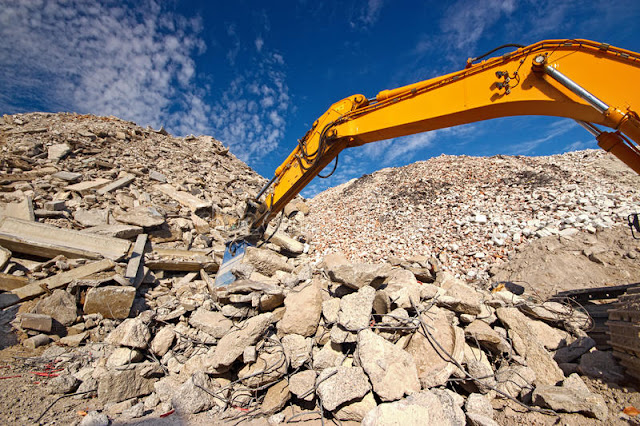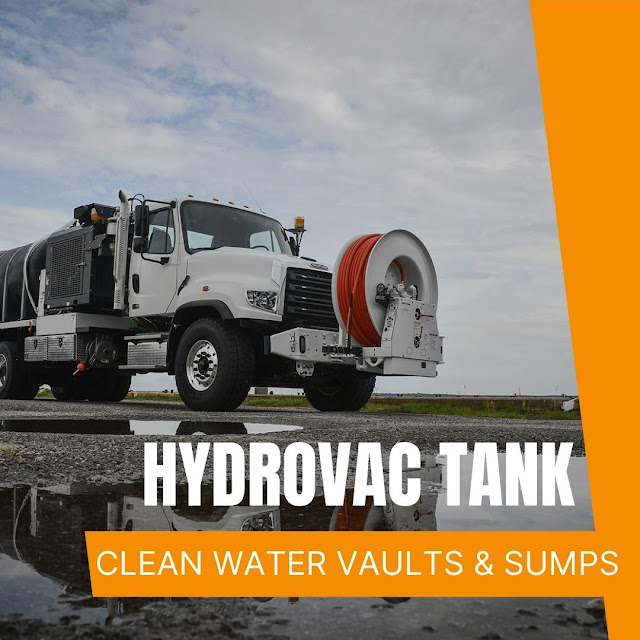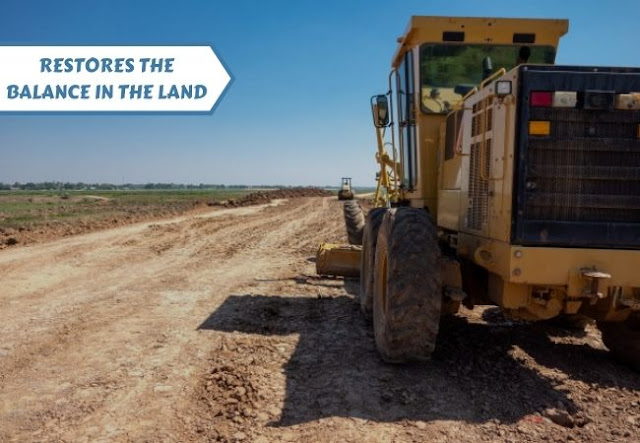How Reclamation Services Help the Environment
Civil construction reclamation services help the environment by restoring the integrity of land after it has been remediated of pollutants. It is the process of restoring vital habitat, and returning the environment to a healthy functioning ecosystem. Reclamation corrects contaminated ecosystems such as soil, watersheds, surface water and groundwater, removing hazardous substances that can harm the community environments or human health. Cleanup and native plantings can reduce the impact to people or the environment.
Civil construction companies provide contamination restoration services to remove hazardous substances. When land has been remediated of pollutants, it restores the integrity of the land, and restores a healthy functioning ecosystem for a healthy economy. Habitat for wildlife and community beauty is reinvigorated.
Contamination restoration services may be conducted with Hydrovac excavation and vacuum trucks which are safer, faster and more precise than traditional excavation methods. Hydrovac is an excavation service using pressurized water. It involves more precise trenching which minimizes the risk of damage to adjacent buildings and land. Hydrovac excavation increases safety, and significantly lessens environmental impact. Vacuum excavation is the most efficient method for removing material from holding tanks whether they are located above or below ground. The process removes material safely and disposes of it properly.
Site remediation in the hydrovac industry is the process of removing polluted or contaminated soil, sediment, water, or groundwater, in order to reduce harmful impacts on people or the environment. Hydrovac site remediation is the only non-destructive method of excavation used during the site remediation process. Hydrovac is also cost effective, and remains a fully compliant method of pickup and disposal of hazardous pollutants and contaminants. Hydrovac excavation with vacuum trucks offer utility excavation services that utilize top-of-the-line trucks and highly trained operators and allows for excavation that tends to be faster, safer, and more effective than other methods.
Herbicide application in land reclamation is part of weed management during reclamation and is applied uniformly on the surface of soil either by spraying or broadcasting. The herbicides are left undisturbed in order to incorporate into the soil. Weeds reduce forage quality, and put forward prolific seed production that must be mitigated during the reclamation process. Reclaim herbicides provide extended control of shrubs and broadleaf weed species.
Site remediation in the hydrovac industry is the process of removing polluted or contaminated soil, sediment, water, or groundwater, in order to reduce harmful impacts on people or the environment. Hydrovac site remediation is the only non-destructive method of excavation used during the site remediation process. Hydrovac is also cost effective, and remains a fully compliant method of pickup and disposal of hazardous pollutants and contaminants.
Decommissioning solutions for oil and gas industries are detailed, complicated and expensive. Civil construction companies often provide decommissioning solutions for the oil and gas industry. Well site decommissioning involves removing all equipment, tubing and casing. To plug the well, sections of the wellbore are filled with concrete to isolate the flow of reservoir fluids. Well integrity is an important factor in well site decommission.




Comments
Post a Comment